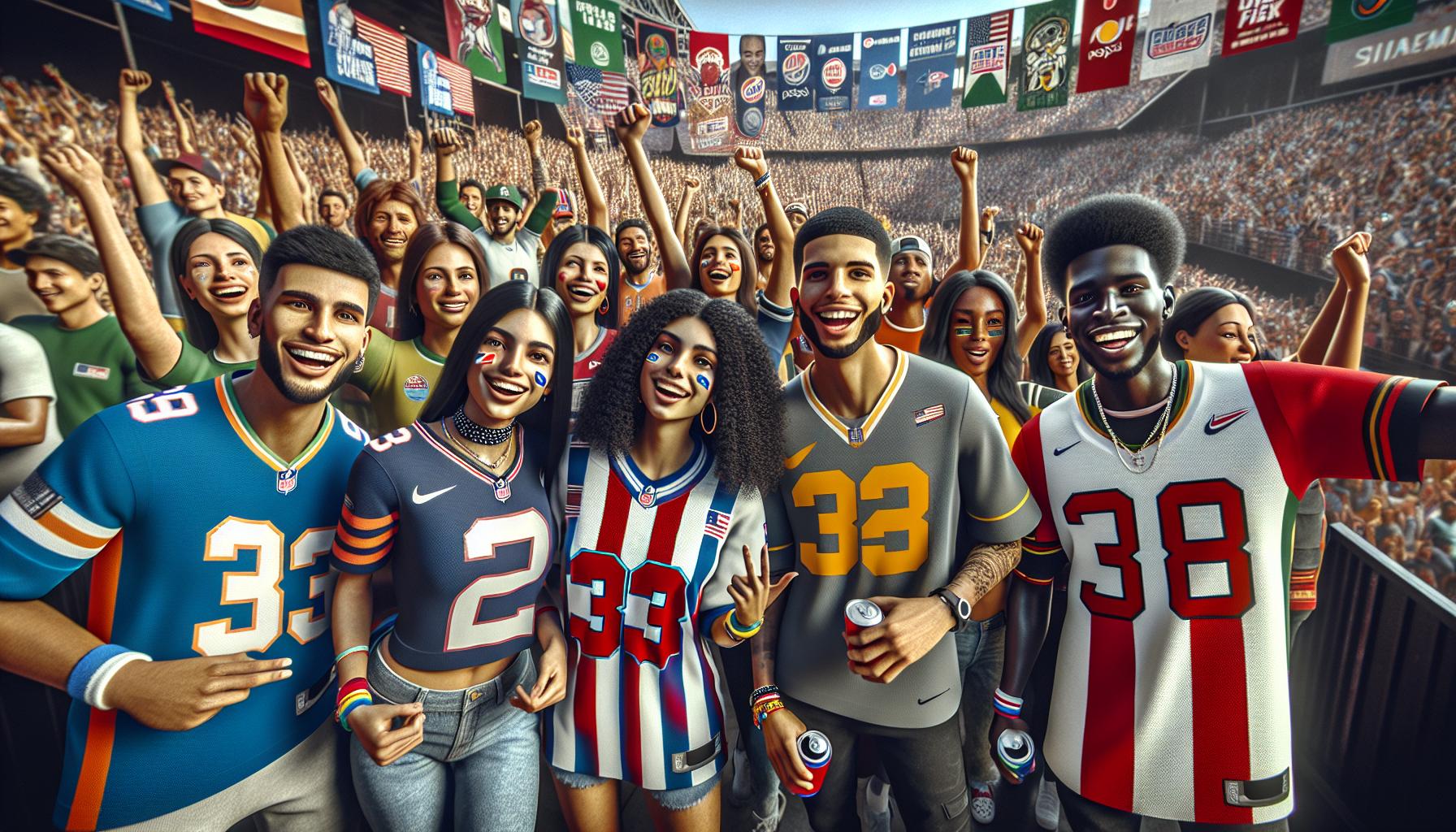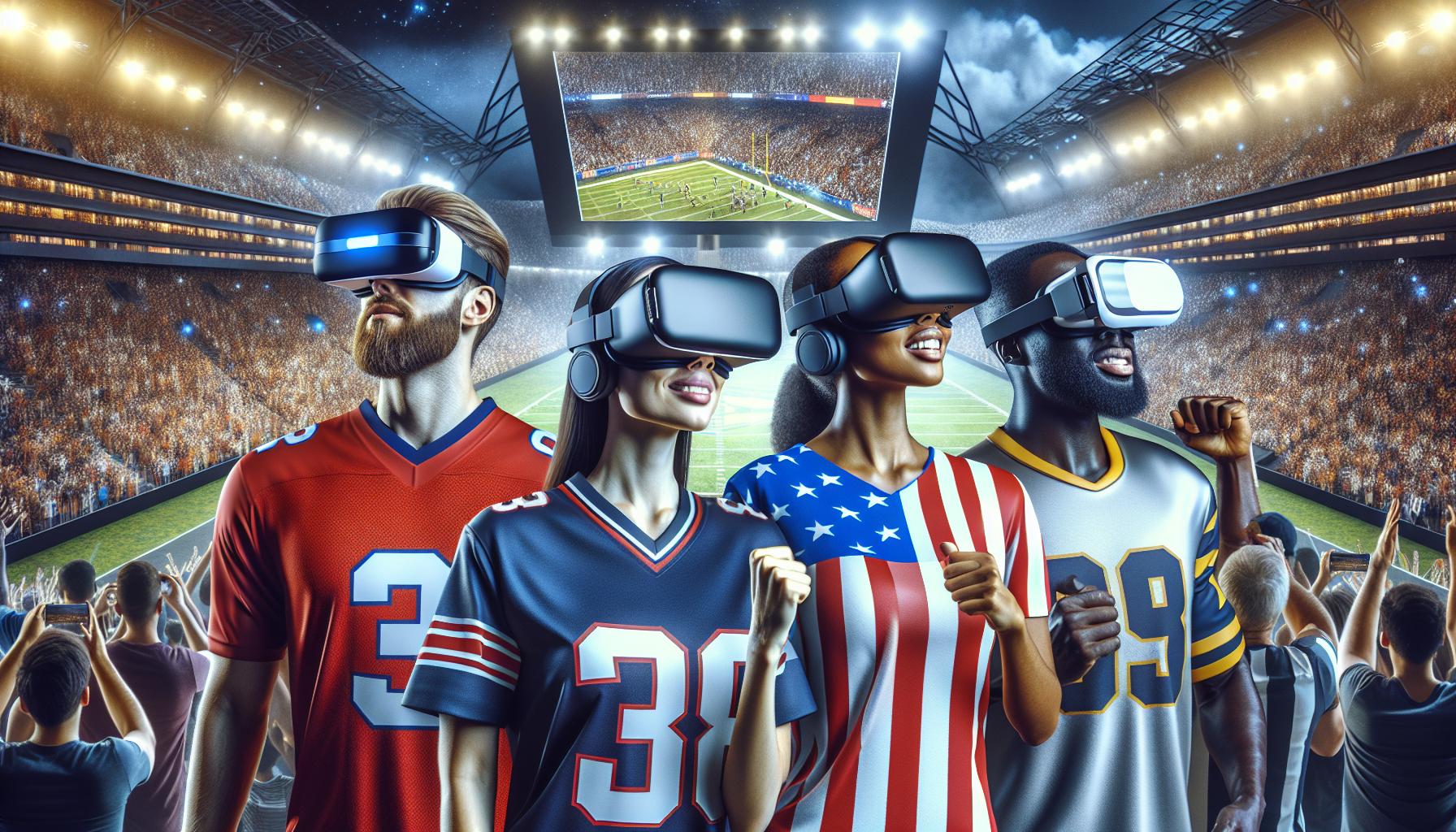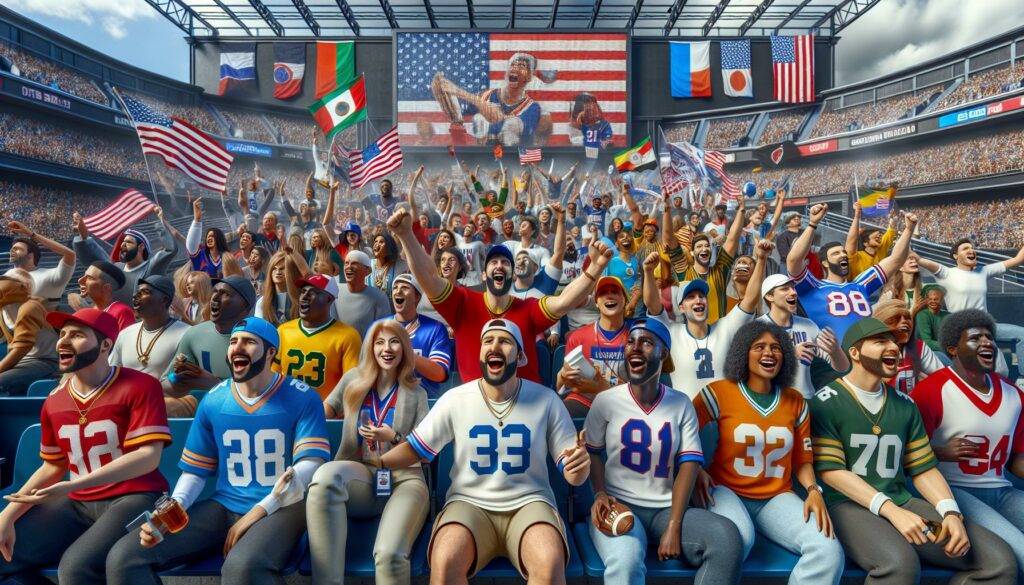Trends in Sport Marketing
Sport marketing continuously evolves, reflecting changes in consumer behavior and technology. Engagement strategies dominate current trends, with brands looking to create immersive experiences that resonate with sports fans. Digital platforms now serve as essential tools for connecting with audiences, as social media allows real-time interactions and personalized content.
Data-driven marketing plays a significant role, enabling brands to analyze fan preferences and behaviors. With analytics, companies tailor campaigns to target specific demographics, increasing their effectiveness. Furthermore, influencer partnerships are gaining traction, as athletes leverage their social influence to promote products authentically.
Sustainability has emerged as a critical focus area in trends in sport marketing. Brands prioritize environmentally conscious initiatives, appealing to eco-aware consumers. Sponsorships associated with sustainable practices attract attention and enhance brand loyalty.
Technology also impacts how fans experience sports. Augmented reality and virtual reality create engaging environments, transforming traditional viewership into interactive experiences. Innovations like mobile apps provide fans with exclusive content and seamless access to events.
Lastly, diversity and inclusion drive marketing campaigns in sports. Brands celebrate diverse backgrounds, creating campaigns that resonate with a broader audience. Inclusive messaging helps build deeper connections with fans, fostering a sense of belonging.
Together, these trends reflect the shifting landscape of trends in sport marketing, driven by technology, consumer values, and the desire for meaningful engagement.
Key Trends Shaping the Industry

Sports marketing is adapting rapidly to evolving consumer behaviors and technological advancements. Brands are enhancing their strategies to create engaging experiences for fans.
Digital Transformation
Brands increasingly leverage digital platforms for marketing initiatives. Mobile applications and websites deliver real-time updates, allowing fans to engage directly with their favorite teams. Data analytics plays a crucial role in understanding consumer preferences and optimizing campaigns. Furthermore, these platforms provide opportunities for personalized content, making communication more targeted and effective. Enhanced interactivity through gamification and live streaming keeps fans connected during events. Altogether, digital transformation significantly reshapes how brands interact with audiences.
Social Media Influence
Social media platforms have become essential tools for sports marketing. Brands utilize these channels to engage audiences through behind-the-scenes content and live interactions. Athletes amplify brand messages, creating authentic connections with fans. User-generated content fosters community involvement, enhancing audience loyalty. Participation in social media campaigns has also become remarkably easy with the help of AI tools like text to image generators, enabling brands and fans to create compelling visuals that drive engagement. Brands collaborate with social media influencers, leveraging their reach to expand market penetration. Analytics tools track engagement metrics, informing strategies to improve outreach. In conclusion, social media profoundly affects engagement, driving trends in sport marketing.
Innovative Strategies in Sport Marketing

Sports marketing increasingly emphasizes innovative strategies to engage fans and enhance brand loyalty. Effective techniques prioritize personalization, collaboration, and immersive experiences.
Personalization and Customer Engagement
Personalization has become a cornerstone in sports marketing. Brands leverage data analytics to craft tailored experiences that resonate with individual fans. This focus on customization enriches interactions, fostering deeper connections. Fans appreciate content that reflects their preferences, enhancing loyalty. Events often incorporate personalized merchandise and targeted communications to engage audiences effectively. Technology enables real-time feedback and updates, allowing brands to adapt strategies on the fly. Moreover, interactive social media campaigns encourage fans to share their experiences, reinforcing their emotional investment in the brand.
Collaborations and Sponsorships
Collaborations and sponsorships represent a vital aspect of modern sports marketing. Brands partner with athletes and teams to amplify their messages authentically. Innovative campaigns integrate athlete narratives, creating relatable content that attracts attention. Sponsorship activations are now more experiential, offering fans unique opportunities to engage with their favorite teams. Collaborations often expand beyond traditional boundaries, incorporating influencers and entertainers into marketing strategies. These partnerships enhance visibility and reach demographics through shared audiences. Authenticity in these relationships drives consumer trust, making collaborations an effective means to enhance brand presence in the sports market.
The Role of Technology in Sport Marketing

Technology plays a crucial role in transforming how brands engage with sports fans, leveraging innovative tools to enhance marketing strategies.
Data Analytics and Insights
Data analytics drives sports marketing strategies by providing valuable insights into fan behaviors and preferences. Brands analyze demographic data to customize campaigns effectively. Understanding which content resonates allows for targeted messaging that engages specific audiences. Metrics track engagement levels across various platforms, informing future strategies. Real-time data informs promotional activities, ensuring marketing efforts align with fan interests and preferences. Insights extracted from data enable brands to measure the success of campaigns accurately, allowing for ongoing adjustments to optimize engagement.
Virtual and Augmented Reality Experiences
Virtual and augmented reality (VR and AR) create immersive experiences for fans, significantly altering traditional viewership. These technologies facilitate interactive environments that enhance game-day experiences. Fans engage with content in innovative ways, such as virtual stadium tours or augmented player stats during live events. Brands utilize VR and AR to develop unique marketing campaigns that capture attention and drive engagement. By offering these advanced experiences, brands deepen fan connections, fostering loyalty and excitement around events. Enhanced visual storytelling elevates marketing efforts, making them more memorable and impactful.
Future Directions of Sport Marketing
Emerging trends in sports marketing emphasize a continued shift toward data-driven strategies. Increased focus on personalization enhances consumer experiences, allowing brands to tailor messaging and offers to individual preferences. Campaigns will likely integrate artificial intelligence for more precise targeting, providing fans with relevant content.
Innovations in technology drive engagement, particularly through virtual and augmented reality. These technologies create immersive experiences that transform how fans interact with events, elevating entertainment value. Live streaming and interactive features are expected to gain traction, further modernizing the viewer experience.
Sustainability will play an increasingly critical role as consumers demand eco-friendly practices. Brands will likely implement green initiatives, aligning their values with the priorities of environmentally conscious audiences. Visibility in sustainability efforts can foster brand loyalty, appealing to a broader demographic.
Diversity and inclusion are set to shape sports marketing strategies moving forward. Brands that celebrate diverse athletes and narratives will resonate more with varied audiences. Marketing campaigns will incorporate inclusive messaging, fostering deeper connections with fans from all backgrounds.
Collaboration with influencers will continue to expand, creating authentic relationships with consumers. Influencer partnerships allow brands to reach niche markets, enriching engagement through relatable content. Fans may engage with their favorite athletes and personalities in new, exciting ways that build loyalty.
Mobile platforms are crucial for enhancing fan interactions, with brands leveraging apps for real-time updates and exclusive content. Continuous innovation within these apps will keep fans informed and engaged, offering unique experiences that strengthen community ties. These developments represent a significant progression in the relationship between brands and sports fans.
Future of Sports Marketing
The landscape of sports marketing is evolving at a rapid pace. Brands are now prioritizing authentic engagement and immersive experiences that resonate with fans. As technology advances, the integration of data analytics and personalization will continue to shape marketing strategies, ensuring they meet the unique preferences of diverse audiences.
Sustainability and inclusivity are becoming essential components of brand messaging. By embracing these values, companies can forge deeper connections with eco-conscious consumers and diverse communities. The future of sports marketing lies in innovation and adaptability, as brands leverage new tools and platforms to enhance fan interactions and loyalty.

